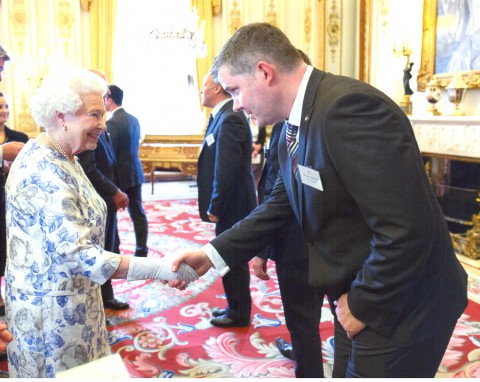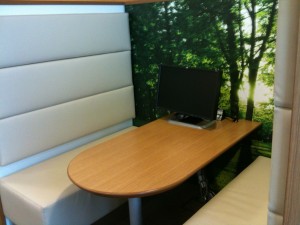Earlier this year I got an invite to a reception at Buckingham Palace as part of the UK Tech Clusters. The discussions around clustering tend to range from the aspirational (let’s working together to teach everyone in the country how to code) to very practical (if we have shared workspaces as part of our remit, why not provide passes to each other). But there needs to be more than this.
I am never a fan of intervention where it is unneeded but I am a fan of creating contrivances which lead to repeated behaviours. Digital Circle has never had the resource to create these contrivances but I think that economic development responsibilities (which lie primarily with DETI, InvestNI and the new SuperCouncils but also, in line with the programme for government, with every government department, agency and ALB), are something that needs intervention in order to be habit-forming.
Interventions do not need to be large but they need to be repeated.
But why are these things important?
The first thing that I would say is that it starts to create economies of scale. The more people sign up to your focused programmes, the more benefits they will bring. No-one likes to present to an almost empty room. Your indigenous SMEs will need people to talk to.
You also start to create networks of scale. This means the companies in the area start to lean on each other for work, for shared projects, for new bids for work. You have to build your indigenous companies until they are something to talk about.
Lastly you start to build reputation of scale. It’s easy to say that the Game of Thrones television series has brought attention to Northern Ireland but equally The Shore, Good Vibrations and The Fall have, perhaps to a lesser extent, created buzz. And this is why foreign direct investment companies are then attracted – they come for the work but through hiring and acqui-hiring, they gain a foothold and an investment in the region.
I was at DETI today and the topic of NORTEL came up. When NORTEL failed, it was at the height (or, depending on your perspective, the lows) of the Internet bubble bursting. But it had been a shrewd investment in retrospect as it ushered in a new software industry in Northern Ireland which led to new start-ups in cyber security, in mobile apps, in fin-tech and in health technology. It was a genuinely excellent investment as these start-ups are all indigenous and sometimes (like Wombat and NYSE Euronext) they lead to something bigger. (Thanks to Eoin McFadden in the Innovation Policy unit for the intelligence and foresight as well as the coffee!)
We’re busy using the power of our clusters to educate kids in coding and design, in 3D modelling and creating interactive experiences because we see that as being the future for a small-population knowledge economy. The difficulty in standing and competing on a global stage can be defeated with smart working, with market trend analysis and with working together to create something bigger.
That’s what clusters are for.


